The Global Risk Financing Facility (GRiF) was established in October 2018 as a Multi-Donor Trust Fund (MDTF) with over $200 million in pledges from Germany and the United Kingdom, to help countries design and implement financial solutions to manage disasters and climate shocks. GRiF provides finance and technical expertise to develop new pre-arranged financing instruments and help existing ones grow. These financial tools and systems help countries and their people prepare for—and recover more quickly from—the impacts of climate shocks, disasters, and crises.
To maximize the impact of grants, financial solutions are designed as part of World Bank projects. Because every sector, every project, and every country can be negatively affected by climate and disaster shocks, GRiF co-finances projects from across sectors, around the world. Grants address the challenges of financial and technical barriers to pre-arranged financial solutions by financing up-front costs associated with protection instruments and by building systems that can rapidly and efficiently channel resources where they are needed, when they are needed. GRiF grants can also finance the development of global public goods that address key research and analytical gaps in the risk financing field.
The World Bank, Germany, and the United Kingdom form the GRiF Steering Committee (SC). This serves as the primary governing body, providing guidance and strategic advice on GRiF’s program priorities. The GRiF Secretariat leads work planning and reporting. It also coordinates dialogue with donors. The Secretariat is jointly formed by the World Bank’s Disaster Risk Financing and Insurance Program (DRFIP) in the Finance, Competitiveness, and Innovation (FCI) Global Practice and the Global Facility for Disaster Reduction and Recovery (GFDRR) in the Urban, Disaster Risk Management, Resilience and Land Global Practice. As a whole, the program contributes to the InsuResilience Global Partnership’s Vision 2025. GRiF also maintains strategic partnerships with other members of the InsuResilience Program Alliance, including the InsuResilience Secretariat and the Centre for Disaster Protection.
GRiF has a core focus on bringing private sector expertise and capital to support climate risk management in vulnerable countries. To this end, GRiF is also engaging with the Insurance Development Forum (IDF). GRiF-financed engagements are crowding in the private sector across its projects. To support the transformation of the wider international system, GRiF disseminates lessons learned and in special circumstances also directly invests in efforts to strengthen collaboration and knowledge sharing with other partners. For example, a grant to the Start Network supported the design of the Start Financing Facility to support risk financing for humanitarian nongovernmental organizations (NGOs). GRiF projects also engage with humanitarian actors in early financing, for example, Red Cross and Red Crescent National Societies in Southeast Asia, the World Food Program, and other associated agencies.
For more information, contact GRiF Secretariat.
GRiF provides grants and technical expertise to help developing countries safeguard development progress and recover more quickly from the financial impacts of climate shocks, disasters, and crises.

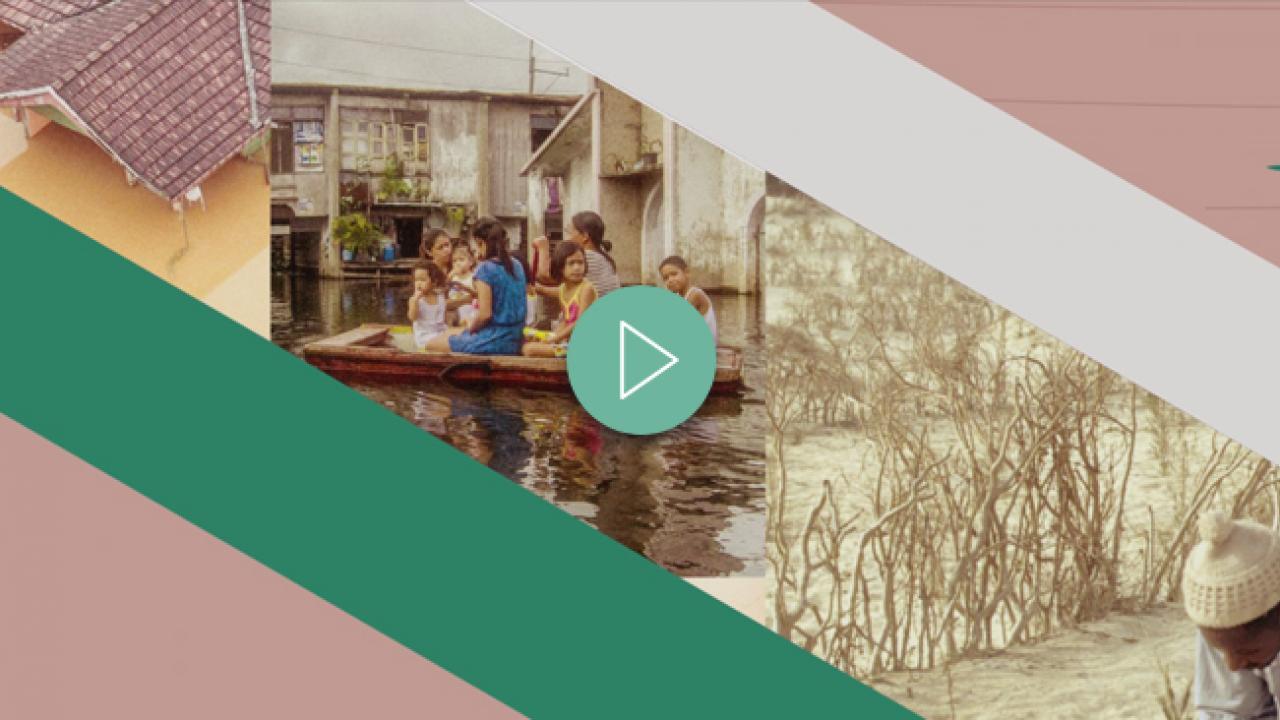
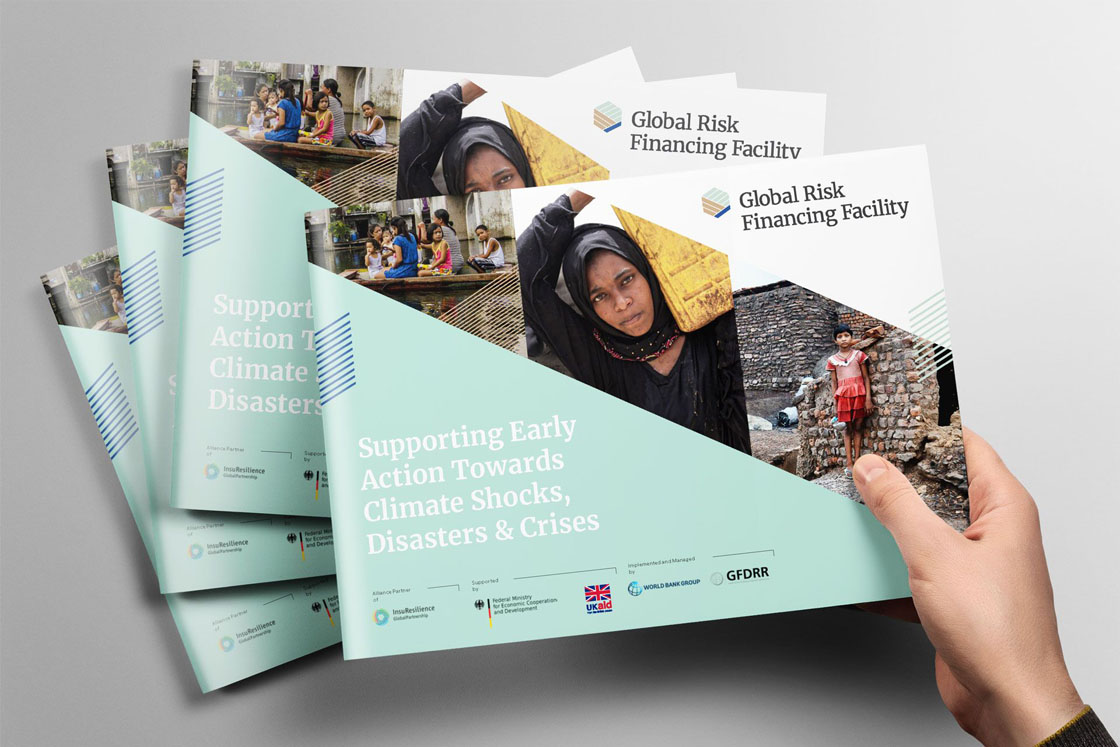
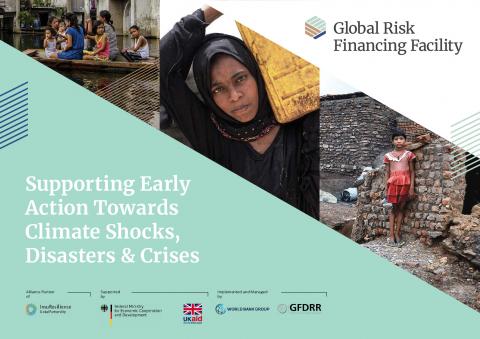
GRiF helps countries become more financially resilient to climate shocks and disasters. To learn more about how GRiF works, download our brochure here.
Download


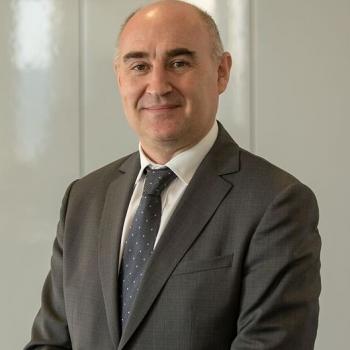
Olivier Mahul
Dr. Olivier Mahul is the Practice Manager of the World Bank's Crisis & Disaster Risk Finance (CDRF) unit. He oversees the implementation of the he Global Risk Financing Facility. He has been involved in the development of innovative disaster risk financing and insurance solutions in more than 40 countries and a number of flagship regional initiatives.

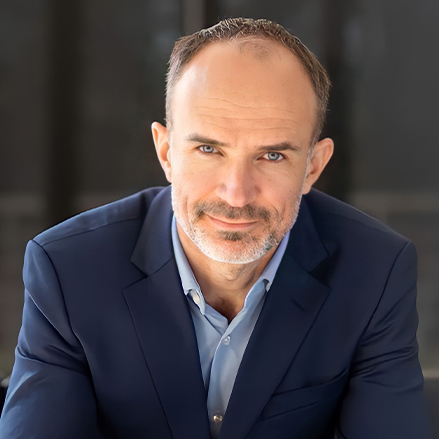
Niels Holm-Nielsen

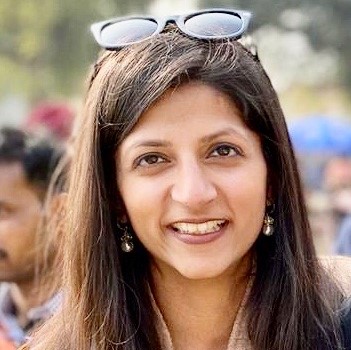
Sumati Rajput
Sumati Rajput is a Financial Sector in the CDRF unit. She co-leads the overall program management of the Global Risk Financing Facility. She has experience working on disaster risk management and risk financing projects is Africa and Asia as well as managing large donor communities and trust fund operations.

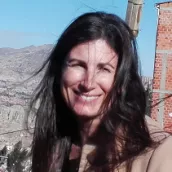
Zoe Elena Trohanis


Ronette Jordan
Ronette Jordan is a Disaster Risk Management Specialist at GFDRR. She supports the administration of the Global risk Financing Facility through trust fund management and partnership activities. She also served as Advisor to the Executive Director for Canada, Ireland and the Caribbean, extensively covering a range of issues related to climate, disaster risk management and resilience.

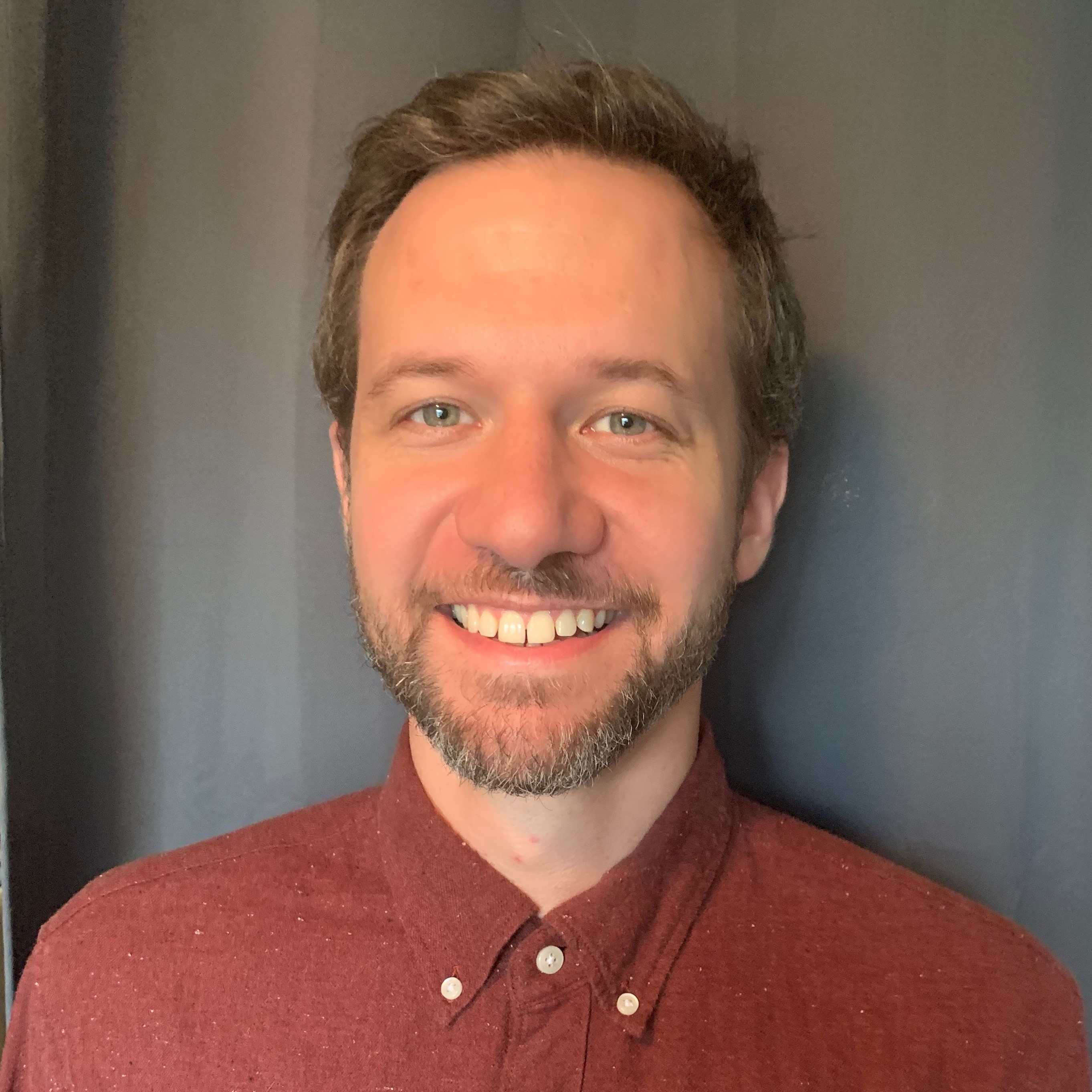
Simon Hagemann
Simon Hagemann works in the CDRF unit. Simon supports reporting, monitoring, evaluation and learning, as well as the strategic development of GRiF. He also has experience working on BMZ where he launched a number of flagship initiatives including the InsuResilience Global Partnership.


Kaavya Krishna
Kaavya Krishna is a Knowledge Management Specialist in the CDRF unit. She leads coordination of the overall communications and learning activities of the Global Risk Finance Facility. She also overseas knowledge management and learning for the CDRF unit.


Peijing (Penny) Li
Peijing (Penny) Li is a Knowledge Management and Communications Analyst in the CDRF. Penny supports the growing knowledge and learning portfolio of Global Risk Financing Facility and its communications strategy.


Claire Simon

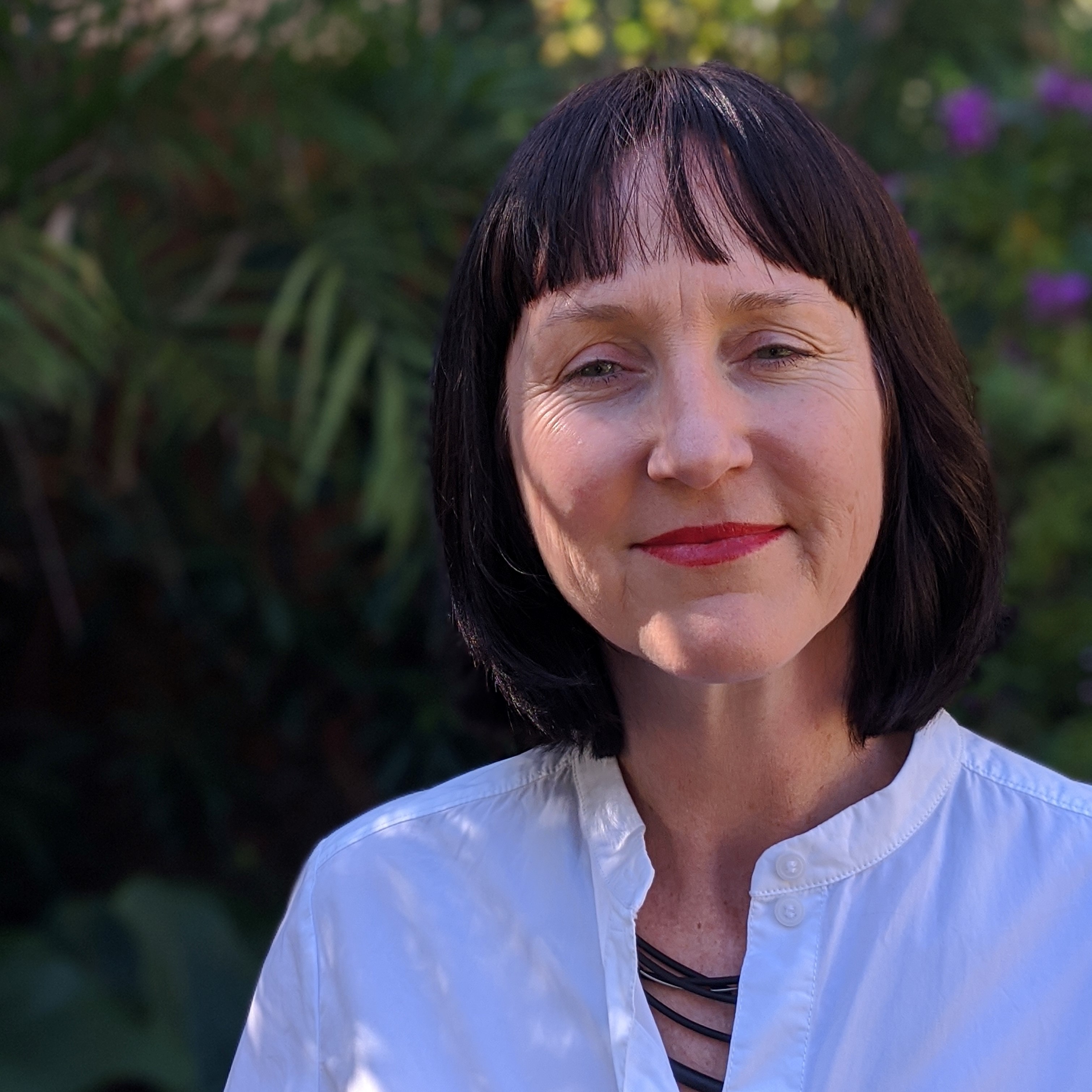
Lisa Caroline Roberts
Lisa Roberts is a senior consultant supporting the Global Risk Finance Facility to develop strategies to help countries apply a gender lens when designing and implementing financial solutions to manage shocks. Lisa has over 20 years of international experience working on policy and programs that seek to address social dimensions of disaster risk management.
